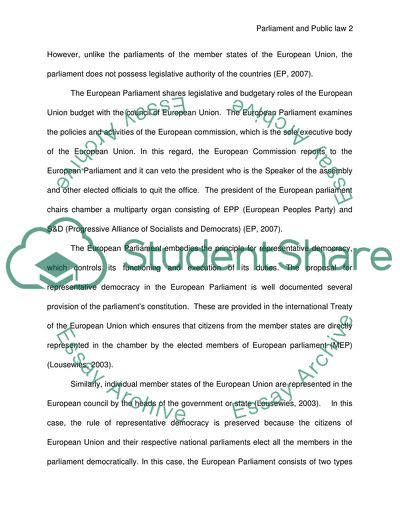Cite this document
(“Paliament and Public Law Essay Example | Topics and Well Written Essays - 1000 words”, n.d.)
Retrieved from https://studentshare.org/law/1418756-paliament-and-public-law
Retrieved from https://studentshare.org/law/1418756-paliament-and-public-law
(Paliament and Public Law Essay Example | Topics and Well Written Essays - 1000 Words)
https://studentshare.org/law/1418756-paliament-and-public-law.
https://studentshare.org/law/1418756-paliament-and-public-law.
“Paliament and Public Law Essay Example | Topics and Well Written Essays - 1000 Words”, n.d. https://studentshare.org/law/1418756-paliament-and-public-law.


